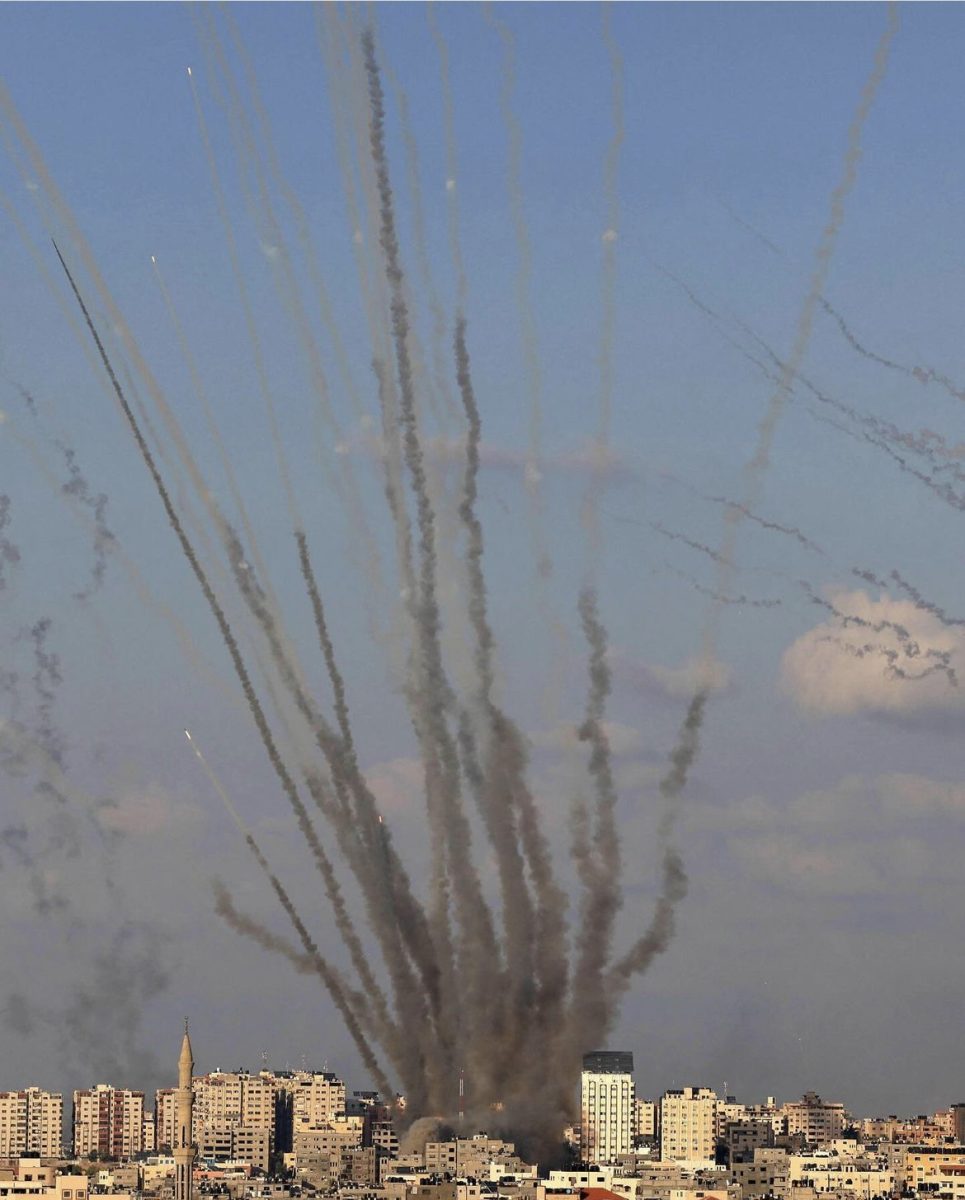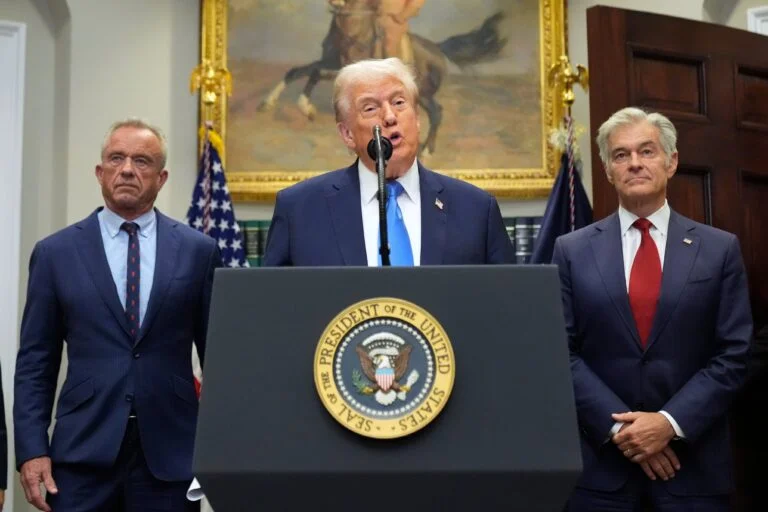The Israeli military declared war against Hamas last Saturday after the terrorist group attacked targets in southern Israel killing more than 1,300 Israeli citizens. The Israeli military responded with an ongoing barrage of rocket strikes in the Palestinian territory of Gaza, where Hamas is based. The recent conflict is the biggest flareup between Israel and Palestine relations in over 50 years.
Among the sites targeted by Hamas was the Supernova Music Festival taking place in Israel’s Negev desert. The terror attack caught many festival attendees by surprise who were forced to take cover and hide. “We saw terrorists killing people, burning cars, shouting everywhere,” said Shoam Gueta, a 24-year-old festivalgoer. “If you just say something, if you make any noise, you’ll be murdered. I saw them take a knife and cut a woman up.”
In retaliation for the terror attacks, the Israeli military has vowed to destroy Hamas in an all-out siege of Gaza. On Saturday, the Israeli Defense Force (IDF) called for an evacuation of Palestinian citizens from the northernmost parts of Gaza, signaling an almost certain ground invasion of the territory in the coming days. A full evacuation of the densely packed Gaza Strip would be unlikely however, as all of its borders are closed off and the few highways that do exist have been strewed with debris from rocket attacks. “The order to evacuate 1.1 million people from northern Gaza defies the rules of war and basic humanity,” wrote Martin Griffiths, head of the United Nations Office for the Coordination of Humanitarian Affairs. “Roads and homes have been reduced to rubble. There is nowhere safe to go.”
The Gaza Strip has been controlled by Hamas since 2006 when they triumphed in parliamentary elections. One year later, Israel imposed a crippling blockade on Gaza that limited access to food, water, and medicine in the region, and since the recent Hamas attacks, those resources have been cut off completely. The blockade also made it incredibly difficult for Gaza’s 2 million citizens to leave, leading many human rights organizations to label it as the “world’s largest open-air prison”.
Since the initial Hamas attacks, the Biden administration has issued a strong endorsement of the Israeli military offensive. “The United States and the State of Israel are inseparable partners, and I affirmed to Prime Minister Netanyahu again when we spoke yesterday that the United States will continue to make sure Israel has what it needs to defend itself and its people”, Biden said in a press release Monday. Other U.S. lawmakers have been much more critical of Israel’s conduct, though, accusing Israel of violating international law in Gaza. “The targeting of civilians is a war crime, no matter who does it. Israel’s blanket denial of food, water, and other necessities to Gaza is a serious violation of international law and will do nothing but harm innocent civilians,” Vermont Senator Bernie Sanders said.
Human rights groups have also been critical of Israel’s recent actions and their legal implications. On Thursday, Human Rights Watch released videos documenting Israel’s apparent use of white phosphorus munitions in densely populated sections of Gaza. The use of white phosphorus, which causes severe burns to those affected, violates international humanitarian law and could be classified as a war crime if proven to be true. The IDF denied the allegations, stating, “The current accusation made against the IDF regarding the use of white phosphorus in Gaza is unequivocally false.”
Other politicians have used the ongoing violence to push for greater U.S. involvement in the Middle East. Republican Senator Lindsey Graham called for the United States to bomb Iran, who supports Hamas militarily, in the wake of the attacks. While there has been speculation about Iran’s involvement in the attacks on Israel, there has been no confirmation of Iranian coordination.
The destruction that has been wrought in both Israel and Gaza has been immense, and it’s likely to continue as Israel’s siege presses on. The perpetuation of violence in the region makes diplomatic talks an almost certain impossibility, as the decades-old land dispute presses on into another bloody conflict.








